After cracking down hard on pro-democracy protesters for months, the Hong Kong police have suddenly rediscovered their civil side.
According to Hong Kong media, police contacted the lawyer representing the Occupy Central with Love and Peace (OCLP) co-founders—academics Benny Tai, Chan Kin-man, and Reverend Chu Yiu-ming—on Friday and “invited” them to surrender at police headquarters in Wan Chai. The trio will be charged with organizing, inciting, and participating in an illegal assembly. They have been given three dates—Jan. 22 to Jan. 24—to turn themselves in between 10:00 a.m. to 2:00 p.m. local time.
News of the police “arrest invite” was met with sarcasm from incredulous Hongkongers.
“Just arrest them; why the need to ‘invite’?” said Philip Lam on Apple Daily’s Facebook wall.
“Arranging a date for arrest... Hong Kong has become very ‘civilized,’” said Martin Chew.
“Upon surrendering, they won’t arrested, but now they’ve been ‘invited’ for arrest... unbelievable,” Allen Taka said.
The Occupy Central leaders had surrendered to the police on Dec. 3 to take responsibility for organizing an occupation of Hong Kong’s central financial district as part of a civil disobedience movement. Police told the trio and the OCLP members who showed up at police headquarters to write down their offenses on pieces of paper before letting them leave without charge.
Although occupying streets to protest was Benny Tai’s idea, the nearly three-month long Umbrella Movement that broke out on Sept. 28 after police tear gassed protesters was mainly ran by students. Protesters of the leaderless pro-democracy movement demanded genuine universal suffrage for the 2017 Hong Kong Chief Executive elections and the resignation of current Beijing-backed Hong Kong leader Leung Chun-ying.
This week, police started calling up key protest figures, telling them to report to police headquarters to “assist investigations” or face house arrest. None of the protest leaders, with the exception of the Occupy Central Leaders and Joshua Wong, the pro-democracy Umbrella Movement’s most prominent face, said they were “invited.” Police told Wong and other protest leaders that they are being investigated for “inciting an illegal assembly” and hinted at other charges.
Unlike the Occupy Central co-founders, none of the protest leaders were given a range of dates and timings from which they could choose to report. Wong, who has to show up on Jan. 16, 1:00 p.m. local time, complained on Facebook that police turned down his request to report at 11:00 a.m. because they were “fully booked” at that time slot.
There could be two possible reasons why the police are treating the Occupy Central leaders more cordially.
First, the trio did surrender to the police instead of seating in the streets awaiting arrest, as most did of the student group leaders and pan-democrat lawmakers when police cleared the main protest site in Admiralty on Dec. 11. It seems reasonable, though a little corny, for police to treat Tai, Chan and Chu a little better, seeing how they made the police’s job easier.
A more cynical reading would be that police are planning to uphold the Occupy Central leaders as cooperative, “good” protesters as opposed to the defiant “radicals” and “troublemakers” like Wong. If the authorities prosecute the protest leaders differently for the same “crimes,” it could cause a rift in the pro-democracy camp. The Occupy Central trio are quite influential, and the pro-democracy movement could lose support and momentum if Tai, Chan and Chu are recast as government stooges and distanced by other groups.
In any case, Hongkongers are sensitive to political intrigue, and will likely see through and quickly call out any attempt by the government to sabotage the pro-democracy movement.
Recently, police tried to separate two teenage protesters from their parents by getting court orders to send them to a children’s home. The boy, 14, was arrested when police cleared the Mong Kok protest site in November, while the girl, also 14, was arrested for chalking flowers on Hong Kong’s “Lennon Wall.”
Hongkongers were angered by the news, and many noted that police were trying to make an example of the minors to deter others from participating in pro-democracy activities in the future.
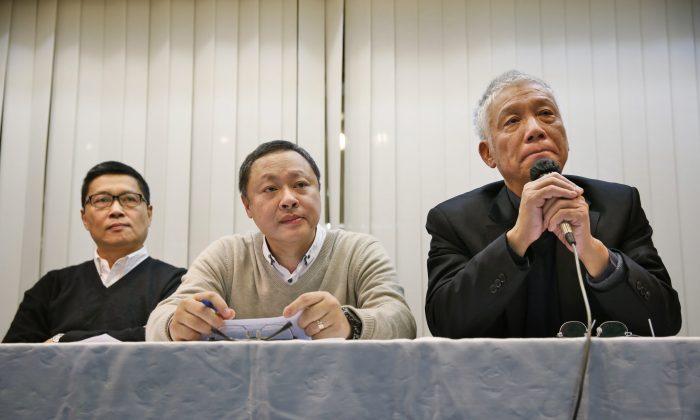
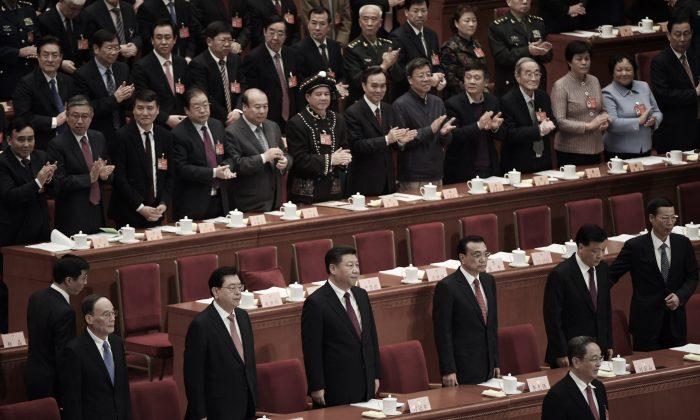
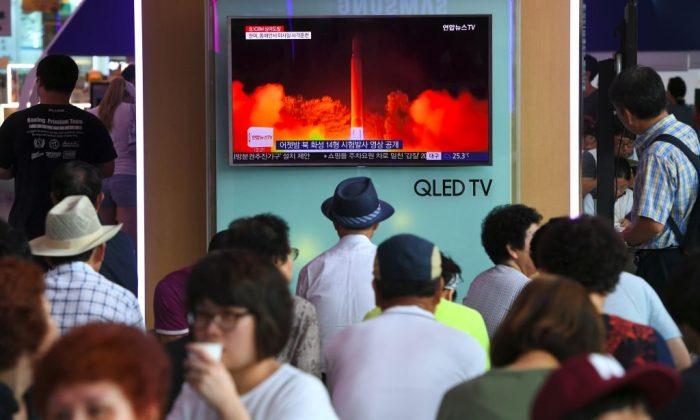
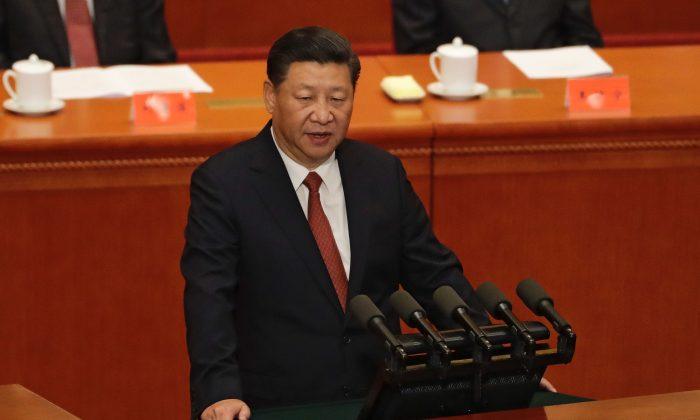
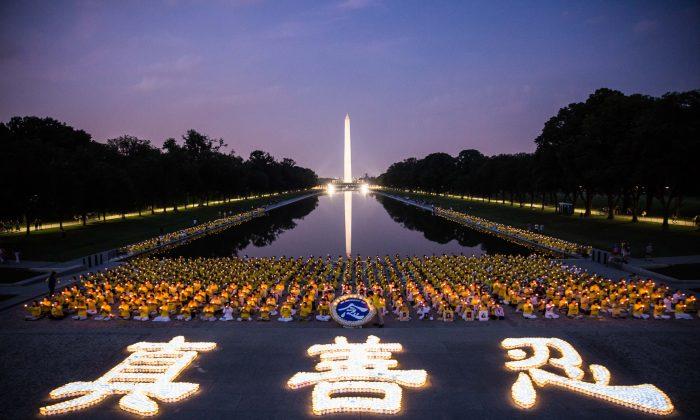
Friends Read Free